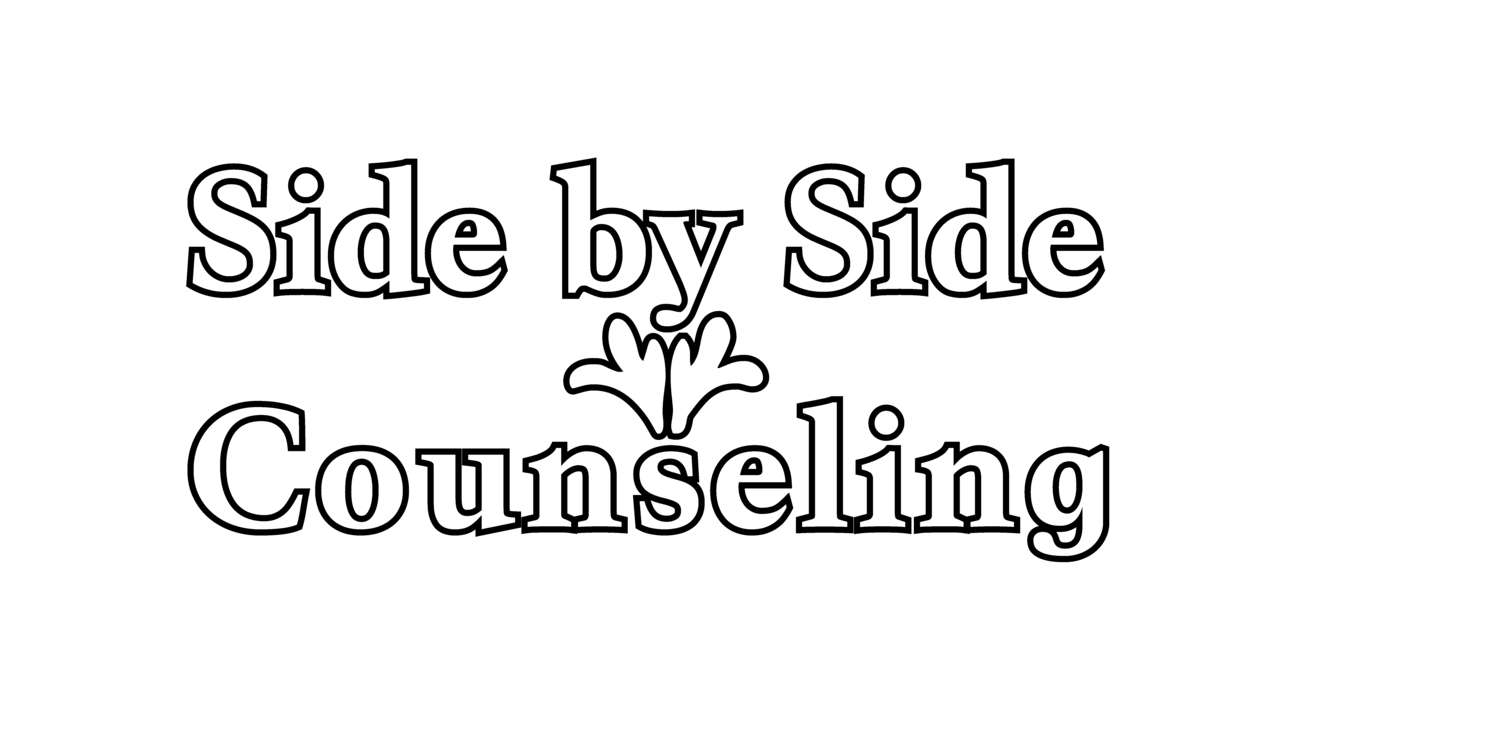Wormhole Aliens
April 24, 2020
In the series premiere of “Star Trek: Deep Space Nine,” Commander Benjamin Sisko confronts his personal history of loss through the intervention of a non-corporeal, non-linear telepathic race, otherwise known as the Wormhole Aliens.
For those of you who eschew science fiction in favor of reality, let me explain. The above episode addresses the complex question about how humans conceptualize time. The episode offers some food for thought about COVID-19.
In the episode, Sisko explains to the aliens that humans live a linear existence in which each day shapes the next, and the future is unknown. The aliens, who view past, present, and future as one and the same, are baffled by the concept of linear time. They show Sisko that in his profound grief over the loss of his wife, he has been grasping onto the past, and preventing himself from moving into the future. They show him that living a truly linear existence is implausible, and that time can be fluid. Through this process, Sisko understands that time is both linear and fluid, and in order to have a future worth living, he’ll have to accept the reality that his wife is gone. By doing so, he begins to heal.
COVID-19 has left many of us with the feeling of being suspended in time. Hours flow into days into weeks. Tax day is in July. Routine, which often defines the way we spend time, has flown out the window. Holidays, normally a symbol of seasons, have a surreal quality as they’re celebrated on computer screens. The future is even more unknown than we imagined.
This bizarre semester is winding down. The language we typically use to describe the end of a term — finals, graduation, commencement, move-out day – is rooted in Time. But this year, “move-out day” was a series of days, which took place before finals. This year, Commencement is a creative process, rather than a definitive date.
This is disorienting, to say the least. We count on rituals to ground us, and when they change, it’s confusing. But the beauty of a linear existence is that we adapt. We apply past experiences and knowledge to the present, and figure out the future as we go.
If I look back to the hardest period of my life, I remember wishing I could turn back time, and change the course of events. I also remember thinking that the only way I’d survive would be to keep putting one foot in front of the other. I remember visualizing the image of my feet moving slowly, as if through wet sand, but forward nonetheless. And ultimately, that’s what got me through.
As Sisko explains, linear time is rooted in searching – both for answers and new questions. In other words, it’s the journey that matters, not the destination. By focusing on the journey, we become more equipped to handle the unexpected. By thinking about Time, we remember to integrate wisdom from the past and plan for the future – by staying in the present and putting one foot in front of the other.
This blog post originally appeared on the Carthage College website. It has been republished with permission.
